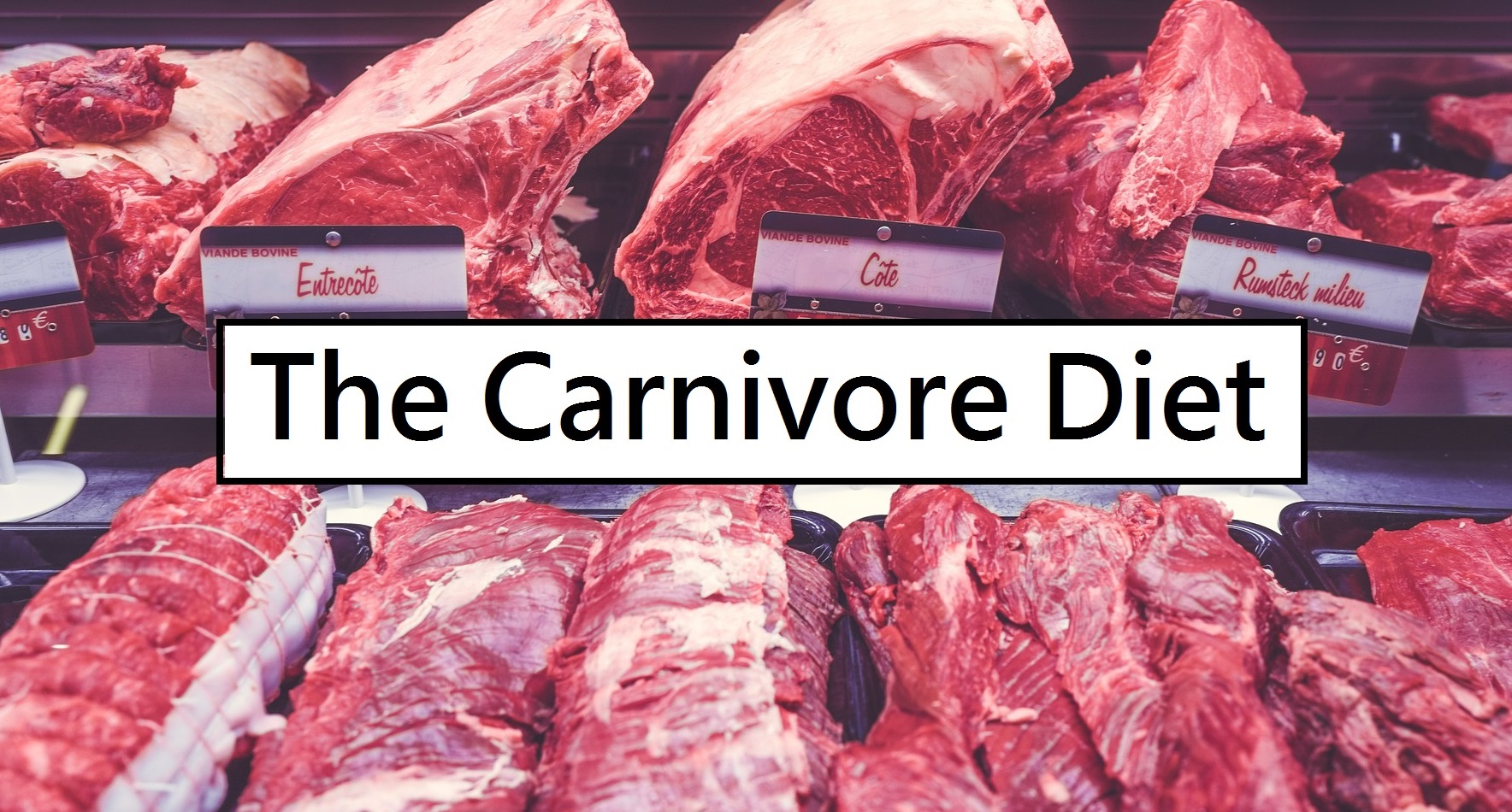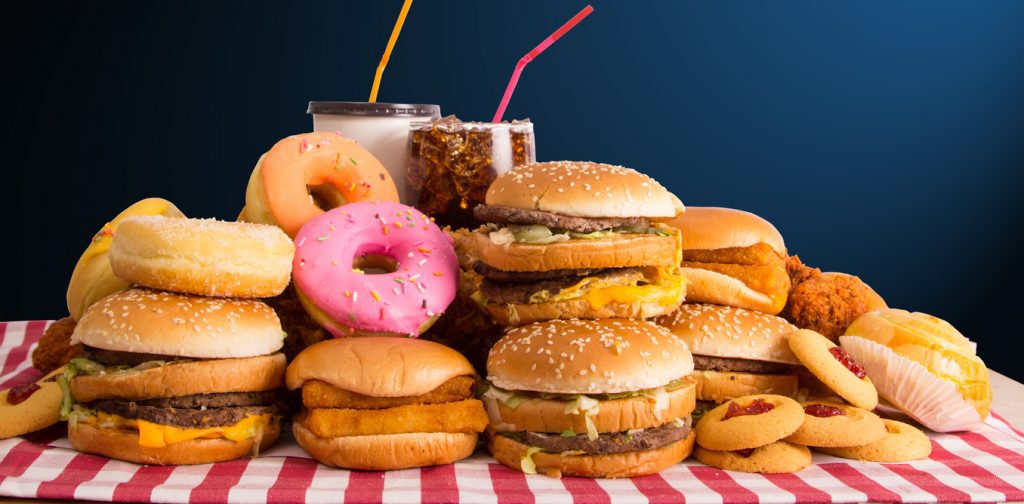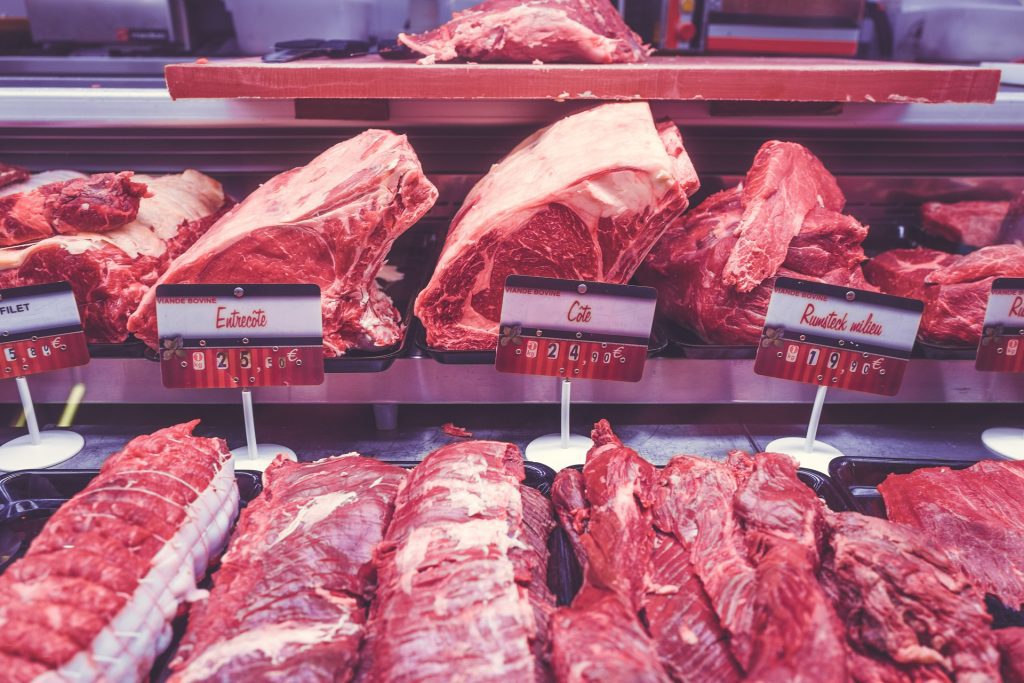
The carnivore diet involves eating only animal products and nothing else, making it the polar opposite of the vegan diet. Its popularity stemmed from a high profile advocate of the diet, Jordan Peterson, who discussed it on The Joe Rogan Experience in July 2018 (clip below).
Diet “Rules”
- Your sources of food should be meat, dairy and fish.
- To ensure sufficient calories it’s recommended that you choose fattier cuts of meat to compensate for the overall lack of carbohydrate in the diet.
- Do not eat food sources that are carbohydrate based. This includes “healthy” carbs such as fruit, vegetables and legumes.
- The nutrient density of animal products mean you do not need to rely on supplementation on this diet.
- Depending on your previous eating habits, it may take up to 3 months for your body to optimise itself to this way of eating.
The Basics Of Gaining or Losing Weight
Calories are units of energy and we need so many in a day to stay the same weight. That number is called your Maintenance calories, in other words you consume that many to maintain weight.
- If you eat more than your body needs that’s a calorie surplus.
- If you eat less than your body needs that’s a calorie deficit.
- A calorie surplus leads to weight gain
- A calorie deficit leads to weight loss
Similar to other restrictive diets, the Carnivore Diet can be an effective tool for weight loss because it excludes the food groups that encourage over-eating: sugary drinks, sweets, chocolate, cookies, cakes and ice cream. This eliminates the majority of temptations found in the home, at your workplace or at restaurants.

The Carnivore Diet relies on the same mechanisms as the Ketogenic Diet, namely the production of ketones by the body. In the absence of carbohydrate, the body learns to convert fatty acids into ketones in a process called Ketosis. This fuel source is able to be used as energy for the brain and body in the absence of dietary carbohydrate.
Where it differs from the Ketogenic Diet is that it encourages a higher protein intake, and to keep total calories the same that would involve a less extreme fat intake. In fact the Ketogenic Diet specifically advises against a high protein intake in a single meal as it’s believed that will trigger an insulin response, effectively ‘kicking you out’ of ketosis.

Benefits
- Simplicity: as far as diet rules go, eating only animal products is very easy advice to follow.
- Reduced inflammation: those on the diet found that levels of inflammation reduced compared to their previous eating habits.
- Mental clarity: as with the Ketogenic diet, by training the body and brain to be fueled by ketones many find a reduction in brain fog and increased attention and focus across the day.
- Improved digestion: contrary to intuition, by eliminating fibre from the diet there is far less for the body to process and it may do so more efficiently.
- Improved insulin response: a large majority of the population struggle with Type II Diabetes and a low carb diet has been shown to improve insulin sensitivity.
What about fibre?
One of the first things people might ask about the diet is “where do I get my fibre?”. The answer is: You don’t. Fibre is a non-essential part of this diet due to the absence of carbohydrate, despite it otherwise being beneficial for digestive health and reduction of diseases such as bowel cancer.
By eating a lower volume of food, in particular vegetables, the size and frequency of bowel movements is likely to reduce on this diet. There will be an initial transition phase where you might not go for 24-48 hours, while others experience the exact opposite effect. True constipation is being ‘backed up’ – having waste product that needs to be disposed of, while on the carnivore diet your body simply produces far less waste from food.
Another concern is that the absence of Vitamin C will lead to scurvy. With a low carbohydrate diet your body requires a lower intake of Vitamin C, and daily requirements can be met through sufficient intake of fresh meats.

Conclusion
As Jordan Peterson himself states in the preface to the discussion with Joe Rogan about the diet, results are purely anecdotal. Any diet that eliminates the hyper-palatable junk foods likes crisps, doughnuts, pizza, biscuits and cakes is likely to result in weight loss.
The majority of benefits that the average person will see from this diet will be almost entirely due to the weight they lose, and not any special quality that comes from a meat only diet. Similar results are likely to be achieved from many other diets that centre around a calorie deficit. If you want to lose weight look for a diet plan that is sustainable in the long term and feels like it suits your tastes, schedule and lifestyle.
For a more thorough breakdown of the carnivore diet and to see if it’s worth following, check out this article.

